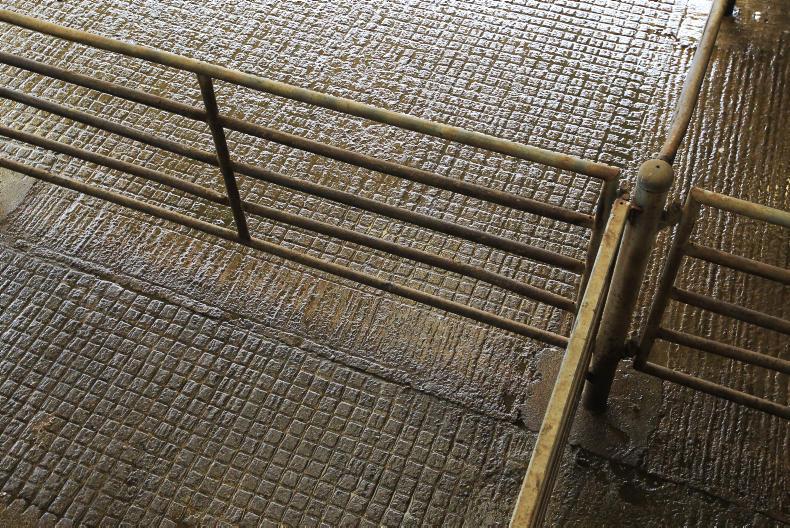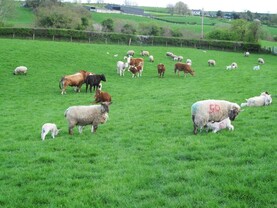“From 1 January 2018, pending trials to evaluate feasibility and implementation conditions, cameras will be installed in all lairage, housing, restraining, stunning, slaughtering and killing areas,” the bill adopted by French deputies last Thursday reads.
It adds that footage will be kept for up to one month for inspection by veterinary officers and animal welfare inspectors and may be used for staff training.
The legislation also asks the government to produce reports regarding potential bans on the slaughter of female livestock in the last third of pregnancy and the use of CO2 asphyxiation to slaughter pigs.
The bill must now go to the senate before final adoption. While the centre-left parties that introduced the bill have a majority in the national assembly, the conservative opposition holds the senate. With strong public campaigning surrounding the bill, it could find itself at the centre of a political battle. Agriculture minister Stéphane Le Foll supports the introduction of video inspections.
Secret videos
Olivier Falorni, the MP who proposed the legislation, said it came out of videos secretly recorded by the animal welfare campaign group L214 in several of the country’s meat factories, revealing poor animal welfare standards. A parliamentary inquiry followed, including unannounced visits to four abattoirs, and confirmed some of the campaigners’ findings.
The initial bill included wider measures, such as local committees including animal welfare activists to monitor slaughterhouses and the right for members of parliament and journalists to conduct surprise visit at abattoirs. These have been removed in the latest version of the text.
’Paltry measures’
L214 campaigners described the proposed legislation as “paltry measures”, regretting that activists and members of the public will not have access to videos recorded in slaughterhouses.
Pierre Halliez, head of the meat industry body Culture Viande, opposed the bill and said: “Imposing cameras would mean to say that all the staff and government inspectors are not doing their job, or not doing it well.”
He argued that the real aim of activists was to obtain a stream of slaughtering footage to use in their campaigns against meat consumption in general rather than the enforcement of animal welfare regulations.
Concern as UK minister fires gun on welfare race to the top
Campaigner enlists Mrs Doyle in petition against caged hen eggs






 This is a subscriber-only article
This is a subscriber-only article










SHARING OPTIONS: